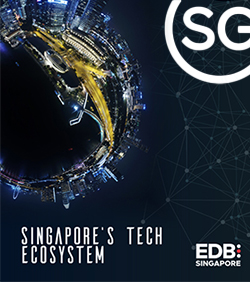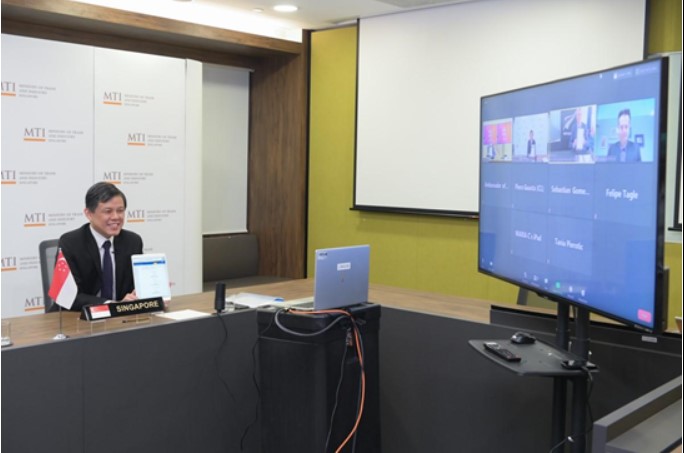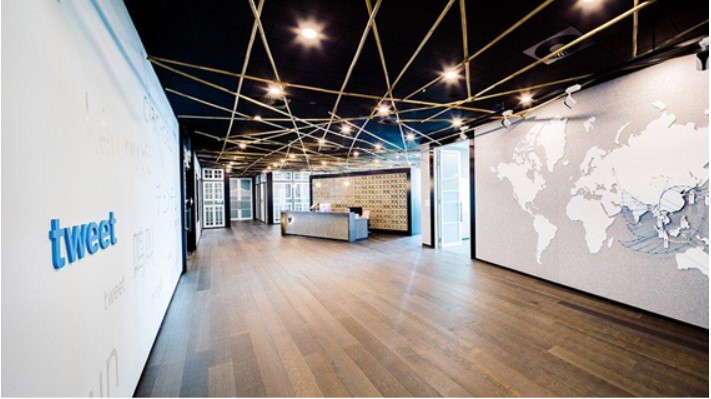Even companies that are already headquartered in Asia have chosen to establish a presence in Singapore to lead their SEA operations. Chinese tech behemoth, Tencent Holdings, announced in September 2020 that it has selected Singapore as its beachhead to support its expansion in SEA. Tencent’s new office in Singapore will house roles across tech and business development functions such as cross-border commerce, cloud computing and e-sports.
To find out more about Singapore’s Tech Ecosystem and how it supports companies, download this guide here.
Singapore continues to strengthen its international network with new Digital Economy Agreements (DEAs)
Amidst its many benefits, digitalisation has facilitated trade and improved coordination of global value chains. According to the OECD, a 10 per cent increase in bilateral digital connectivity raises goods trade by nearly two per cent and services trade by more than three per cent. Growth in digital services and digital trade is already core to the global economy and will be even more important as the world seeks recovery from COVID-19. However, many challenges such as divergent regulatory standards, protectionist measures and localised requirements may hinder the expansion of digital businesses.
Singapore strives to remove these barriers for companies operating in Singapore. In June 2020, Singapore, Chile and New Zealand signed the first of its kind Digital Economy Partnership Agreement (DEPA). The DEPA is tailored for growing economic engagement and trade in the digital era. It will facilitate seamless end-to-end digital trade, enable trusted data flows across borders, and build trust in digital systems.
Two months later, the Singapore-Australia Digital Economy Agreement (SADEA) was signed. SADEA also includes seven Memoranda of Understanding to operationalise some modules in the DEA by identifying or mapping collaboration projects in the areas such as artificial intelligence, data innovation, digital identifies and personal information protection.











